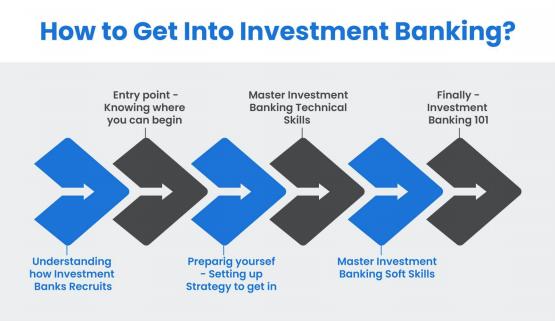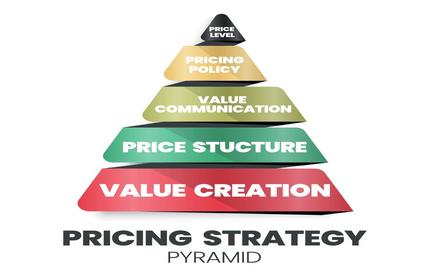
Investment banking is a highly competitive field with numerous jobs and career directions. It is an important source of assisting companies, governments, and other organizations in raising capital, doing mergers and acquisitions, and managing financial strategy. Here is a general overview of investment banking jobs: roles, requirements, and breaking in.
1. Overview of Investment Banking Roles
There are numerous roles within investment banking, each with a distinct purpose: The follows are the types of ranks associated with investment banks
Associates: They usually have more experience in years or MBA levels, and they run analyses. However, these also run deal processes while running other analysts. This senior level of client contact mainly revolves around associates who enable facilitation of the deal process.
VPs: VPs handle much more client relations than the associates, they develop and structure deals. Basically, they are intermediates between associates and analysts to top-level managers.
Directors/Executive Directors: They assist in new business and maintaining the existing clients. A director can directly report to a person to obtain strategic advice on any issues relating to the transaction.
Managing Directors (MDs) : This is the top level of the reporting hierarchy; they handle large deals, generate business, and look after the firm's most critical clients.
2. Skills Needed for Investment Banking Jobs
It is a job that demands special sets of skills, including:
Analytical Skills: Investment bankers work through financial statements, market trends, and possible deals, requiring a good deal of quantitative aptitude.
Financial Modeling and Valuation: Most investment banking jobs will involve the building of comprehensive financial models and performing valuations.
Communication Skills: Much of the work of the investment banker is communicated to clients, so the ability to present complex information in simple, professional terms is very important.
Time Management and Endurance: Investment banking is a time-consuming business, so it requires sufficient endurance and proper use of time.
Accuracy: Mistakes and minor errors can crucially impact financial models, at times very costly in terms of financial presentation.
Education/Professional Qualifications

Generally, most investment bankers possess an excellent educational background in finance, economics, accounting, or business administration. A bachelor’s degree is the minimum but most positions will favor or require an MBA or other graduate degree. A large number of certifications add a lot to the candidate profile are as follows:
CFA: Highly in demand, especially when an employment is involved it requires greater insight into investments and analysis.
FINRA Licenses : FINRA allows such bank employees to make offers through acquiring licenses. Several types of banking jobs require licenses-like a Series 7, or Series 79 related to securities and investment banking, respectively. The investment banking career path is from an analyst, associate after three years or at the end of an MBA, vice president, director, and managing director. The course is clear-cut, though progression is based on performance, networking skills, and deal making abilities. Other usual moves include private equity, venture capital, and corporate finance. The skills learned in investment banking also may be applied to the other arms of the company.
Compensation and Benefits
Although challenging, pay packages are equally matched for investment bank positions. The base salaries for analysts and associates, for example are market competitive with bonuses being readily available to boost the total. It is far higher at VP, director and MD levels; here the salaries and bonuses are quite humongous and are often directly proportional to the level of business they generate.
How to access Investment Banking
Since investment banking is a very competitive industry, here are a few tips for those trying to get into the industry:
Networking: One's network in the industry may open doors. Alumni connections, networking events, and informational interviews can all be valuable.
Master Technical Skills: One must be well-versed with Excel, financial modeling and valuation techniques to qualify for an entry-level position.
Future Outlook and Investment Banking Trends

The investment banking trends are evolving from becoming more digitalized to more intense supervisory scrutiny. More change is being steered in investment banking toward sustainable responsible investment. In the usage of technology, there refer to how AI and ML impact data analysis and what new and old jobs exist. There is much sensitiveness to diversity and inclusion between firms. There seems greater diversity in the talent brought in as well as enriching the view brought into the sector.
Conclusion
Investment banking is a challenging profession that requires high levels of challenge and payoffs. It may not be an easy road, but those who were able to thrive find themselves handsomely paid and placed for topnotch jobs in the financial industry. With effort, effective networking, and continuous learning, you will be able to create your prosperous investment banking career.




